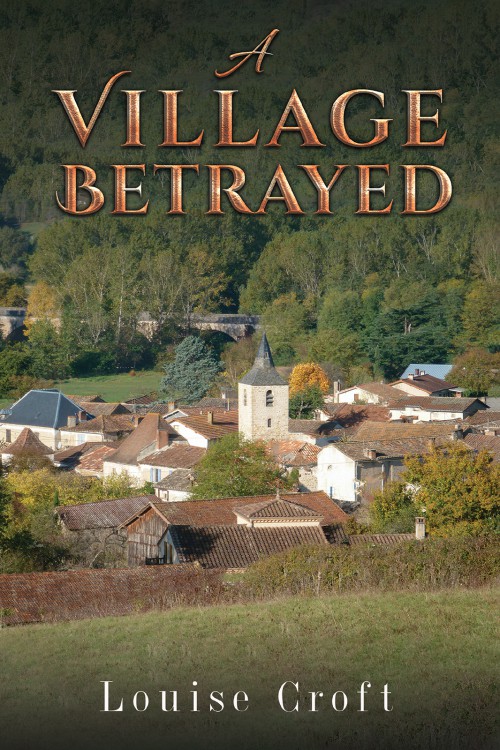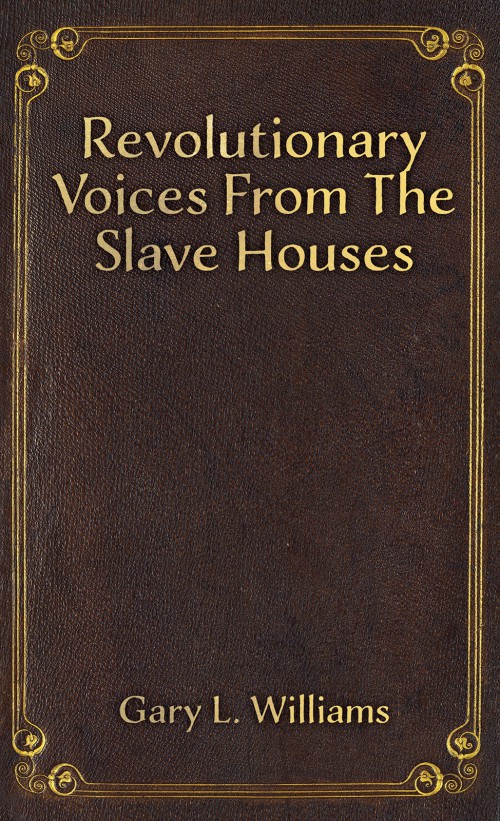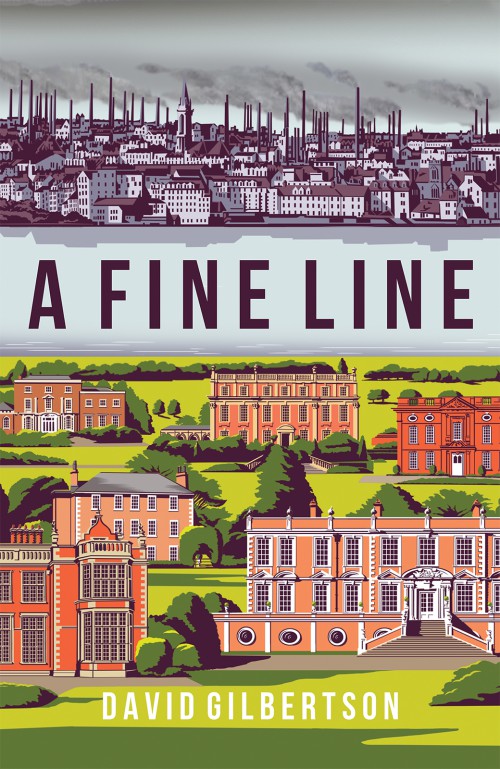A Village Betrayed
A poignant story of the impact of war on a defenceless French village during the Second World War. Four courageous villagers join the Maquis, the Resistance in Vichy occupied France, to protect their families. They are swept into a treacherous conflict where one false word or brave action can result in the torture and death of people they know and love. One old man and a young girl survive the savage destruction that wipes out the whole community.This novel uses the recorded history of the devastation of many rural villages in the Aveyron, Lot and Tarn departments of the Midi-Pyrénées. Oradour-sur-Glane in the Haute-Vienne Department is a famous memorial to the brutality of the Second World War.




